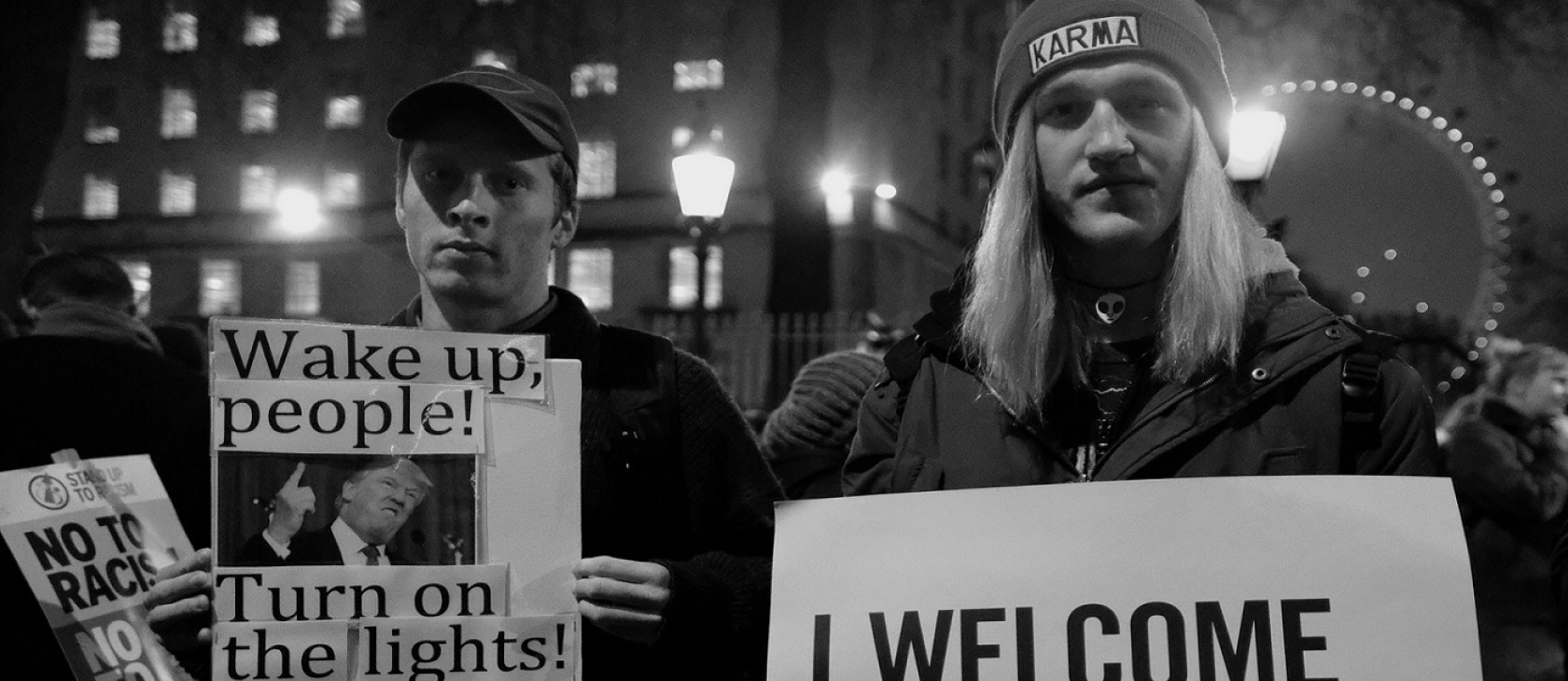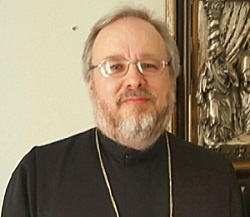In my hometown in the southeast of England, the evidence of generations of philanthropy can be found everywhere. In the middle of the nineteenth century, one of the wealthier residents of the town built some almshouses in his back garden, and then set up a charity which built many more, and they still provide accommodation for more than 150 elderly residents. The local public baths were built at about the same time from the contributions of those who had been successful in the town, and provided the dignity of a regular hot bath to the working people of the community. In 1851, they cost £6,000, which is the equivalent of about £500,000 today. At the beginning of the nineteenth century the first of many schools, funded by the charity of the wealthy, was established with the interest on £2,000 of securities, worth more than £120,000 at the time. At the end of the same century a typhoid epidemic, the largest in the UK, hit the town due to a contamination of the water supply, causing 132 fatalities. Emergency hospitals were opened, staffed by volunteer doctors and nurses, and a charitable fund was established, to support the poorer townsfolk who had been affected. The equivalent of more than £1 million was raised and spent on providing free medical care for the poorest victims.
There are many more examples of such philanthropy in just my own town over the same period, but this was nothing unique. It was part of a continuity of such local support for those in need that stretched back centuries, and to the origin of Christianity in the British Isles. Even in the twentieth century, British society was sustained by the charitable support of those less fortunate or facing a pressing need. The development of a welfare state did not immediately undermine the role of the voluntary sector; indeed, there was no such thing as a voluntary sector: That was just the wider society and community in which everybody lived.
The present, rather angry, controversy about the wisdom and humanity of temporarily restricting immigration from six majority-Muslim countries – Syria, Iran, Libya, Somalia, Sudan, and Yemen - in the an executive order signed by Donald Trump today seems to reflect a deep-seated desire to support those in need in Syria and elsewhere in the Middle East. But the discussion is focused exclusively on what President Trump, and the U.S. or other governments, should be doing to support refugees. Regardless of whether several thousand refugees will be delayed entry to the U.S. over the period of the executive order, which is scheduled to take effect on March 16, there is still a great deal that could be done by ordinary people, in the U.S. and throughout the West. Indeed, since most refugees will never be migrants into the U.S. or the West, the more significant task lies precisely in serving those in need in Syria and the surrounding countries – and can be pursued independent of the government.
The relative cost of providing for a small number of migrants received into Western countries is many times that of providing for a much larger number of refugees in Syria and other countries in the region. For any given amount of state aid – or private charity – much more could be done for many more refugees in the Middle East, than could be achieved by spending the same sums on relocating a relatively small number of migrants. A report produced by War Child, a charity that serves child refugees in the Middle East, calculates that it costs 10 times more to support a refugee in the West than in the region (approximately $3,000 a year, compared to $30,000 to resettle refugees in Germany or other European nations).
Another report from November 2015 concluded that a relocated Syrian migrant requires an average funding of $64,370 for the first five years of relocation to the USA, while the UNHCR estimates that funding of $5,285 is required to support a refugee in the region over the same five-year period. The UNHCR is currently seeking to plug a $2.5 billion funding gap in its efforts to provide for four million Syrian refugees in the Middle East. This is what it would cost to relocate approximately 39,000 Syrians, and cover their costs in the United States. Save the Children, one of the largest charities working in the region, is able to provide a shelter kit, including tent and sleeping bags, to provide warm temporary accommodation for a refugee family for only $120. It is reasonable to compare the outcome for one refugee relocated to the USA, and supported for five years, with the possibility of providing shelter for more than 500 refugee families in the Middle East.
What is lacking, according to those working with this large displaced population is enough funding for more than short-term survival, as well as access to education and employment. This would allow the refugees in the still-stable countries of the Middle East to begin to sustain themselves and enjoy security and hope for the future. The focus on relocating a very small number of refugees to the West is causing a reduction in funding to both state and charity aid agencies, and adding to the desperate plight of those in the camps, while the properly targeted generosity of the West would, in fact, be able to transform the lives of millions without mass migration.
A child somewhere in Syria will certainly be better off if all the keyboard warriors took a break from purveying their unassailable cyber-logic to visit the website of one of the many charities actually helping refugees and donate something.
Nor is mass migration the desire of Christian leaders in the Middle East, who see the depopulation of their ancient communities as a threat and not a positive outcome. The Melkite Catholic Archbishop of Aleppo, Jean-Clément Jeanbart, addressed a well-meaning Canadian audience, saying, “We’re not happy when we see the Canadian government moving refugees and facilitating their integration. It hurts us. A lot.” What he did request was greater levels of aid to the churches caring for the displaced in the Middle East. The Maronite Syrian bishop, Elias Sleman, considering the situation of his community, says, “We are strong in our faith, rooted in our history. We have been here for 2,000 years. We refuse to go!” He asks for Western support that would allow those who might otherwise become migrants to stay in the region and be able to support themselves. Even those who support giving Christians priority in immigration, such as Archbishop Bashar Warda of Erbil in Iraq, continue to ask for support for the services their own Christian communities are providing refugees, saying, “My archdiocese hosts the largest community of displaced Christians in my country, and since 2014, we have received no money from the United States government and no money from the UN.”
Meanwhile, in the UK, levels of individual charitable giving are declining. In 2014, the Charities Aid Foundation calculated individual charitable giving at £10.1 billion, but it dipped to £9.6 billion last year. Many smaller charities have closed because of a lack of support, both practical and financial. But if the evidence shown on the news broadcasts from around the world, and on all forms of social media online, is to be believed, people are more passionate than ever about issues such as the needs and rights of refugees.
Perhaps what has changed is that passion itself, experiencing the rush of feeling of just because of one’s beliefs and ideological positions, has displaced effectively helping the poor. It doesn’t matter whether refugees are actually fed, clothed, and sheltered. What matters to many is that they are able to express how deeply they care about the less fortunate. But if we really cared, the way that previous generations did, perhaps even in the way that the Feed the World generation did, then we would be protesting a little (or a lot) less and giving more.
Almost all of the provision for the needs of the poor and vulnerable in my hometown was once given by those who had wealth. Philanthropy, the love of our fellow man, used to be measured in what was done, not what was said. Perhaps we organise things better now, but maybe the new organisation has given our feelings too privileged a position, which leaves us waiting for someone else – like the state, the government – to act. Not a single refugee will sleep better tonight because of celebrities’ outrage. But a child somewhere in Syria will certainly be better off if all the keyboard warriors took a break from purveying their unassailable cyber-logic to visit the website of one of the many charities actually helping refugees and donate something.
(Photo credit: Alisdare Hickson. This photo has been cropped and modified for size. CC BY-SA 2.0.)




